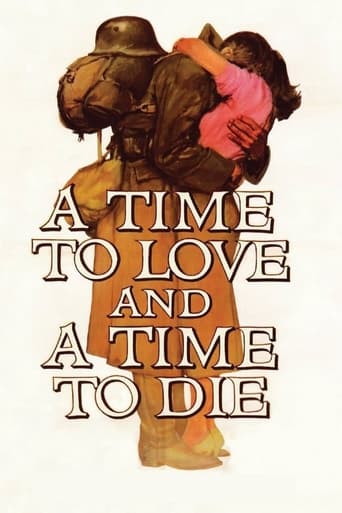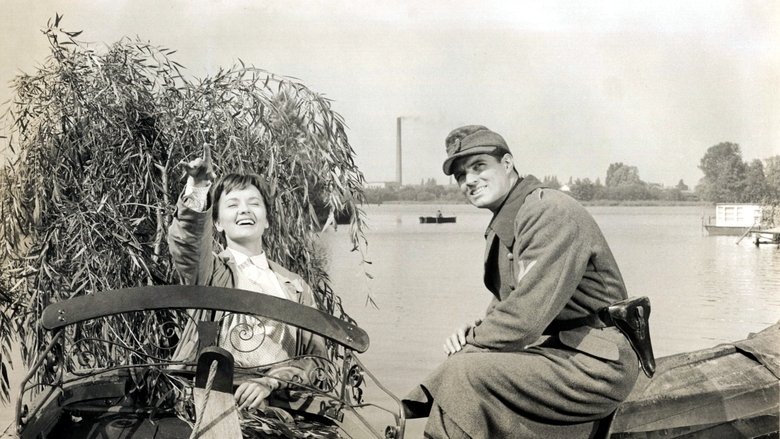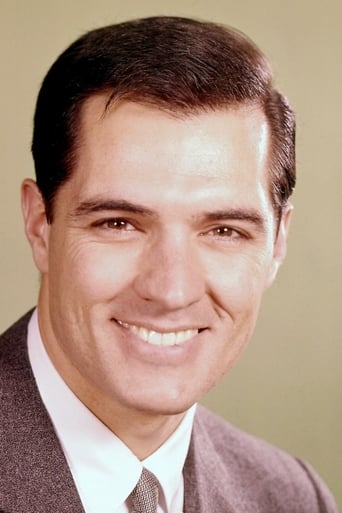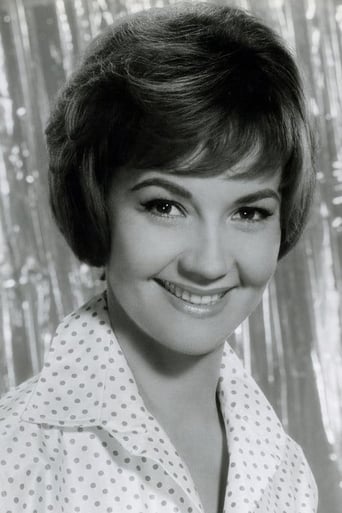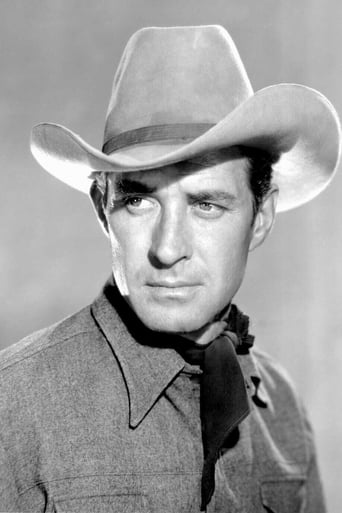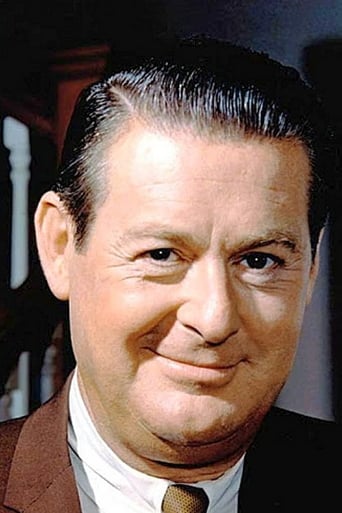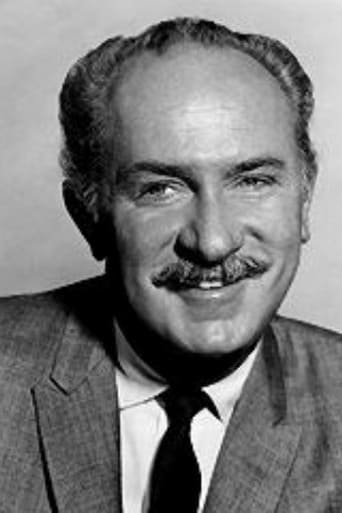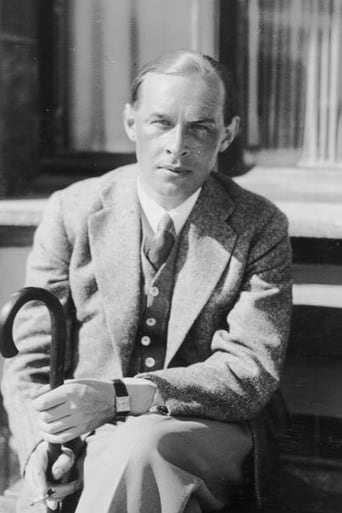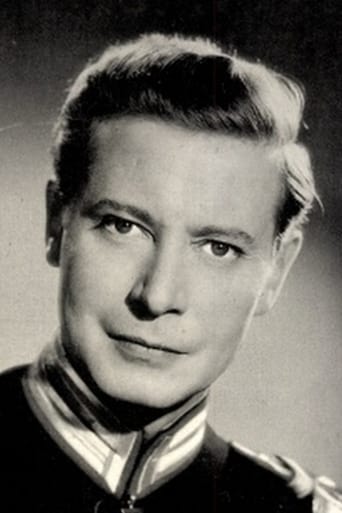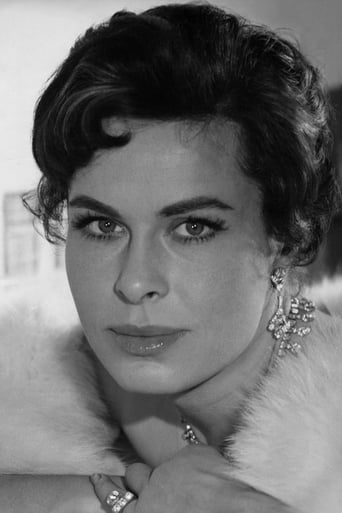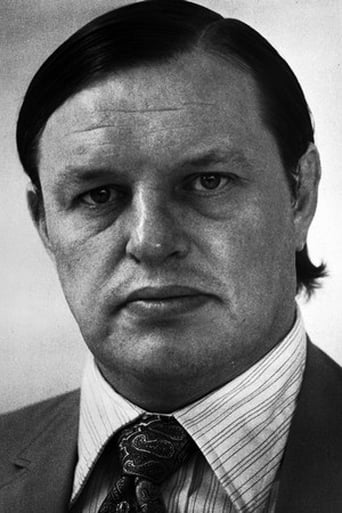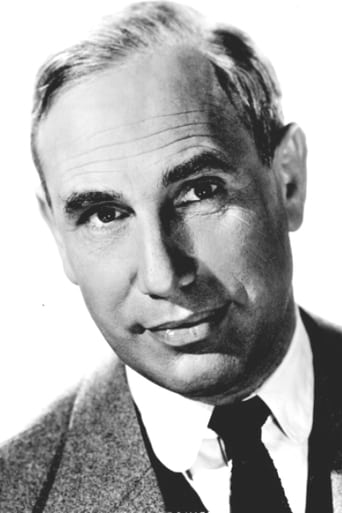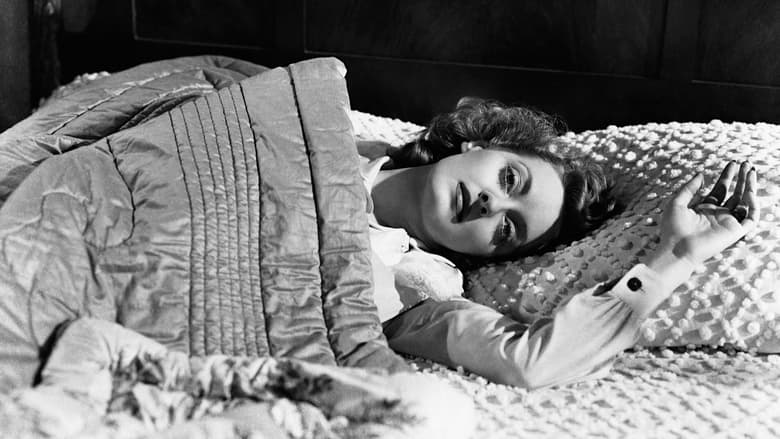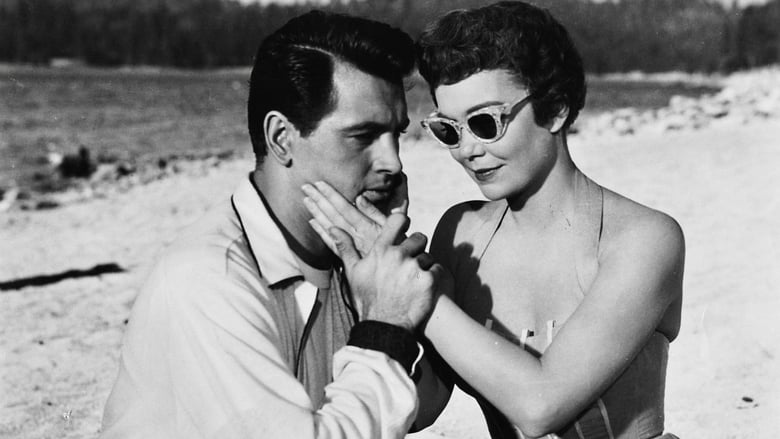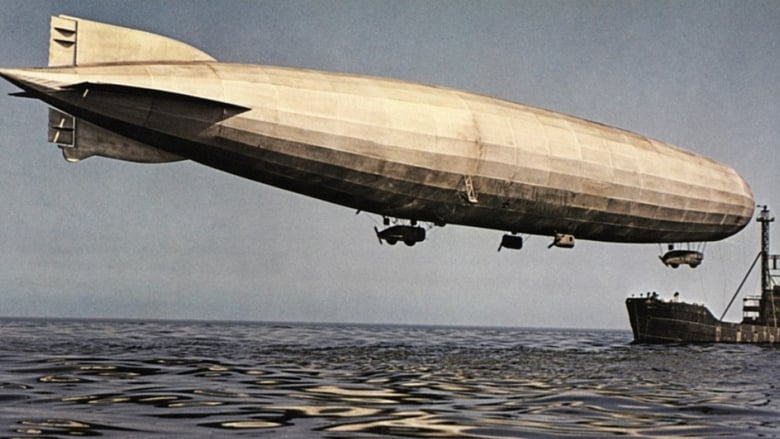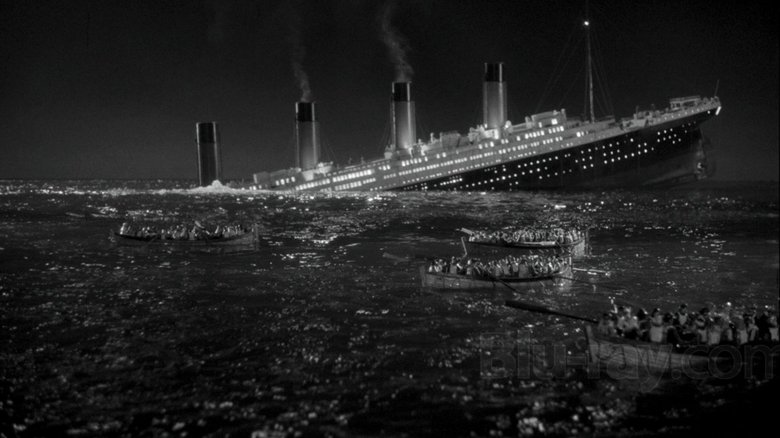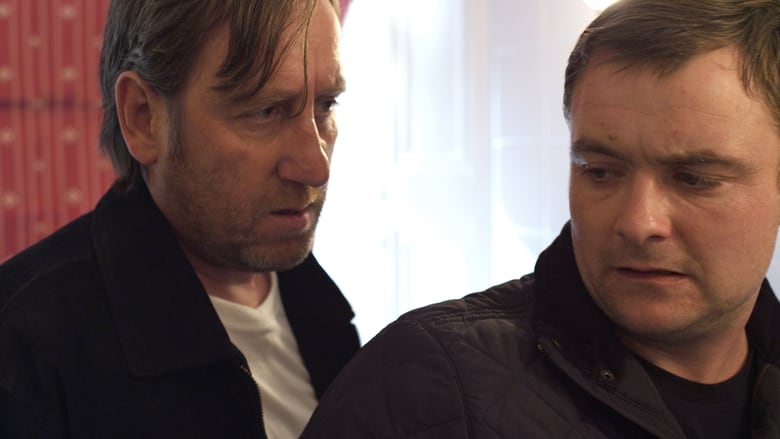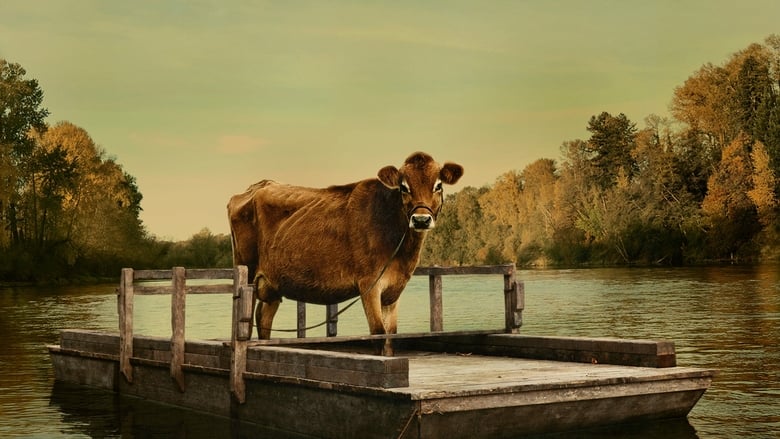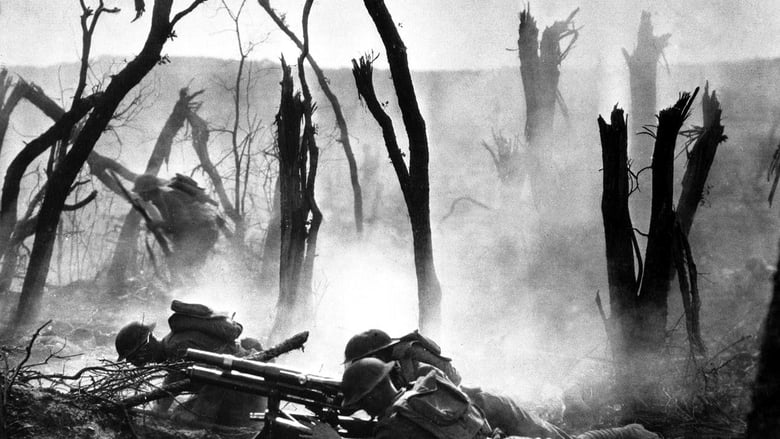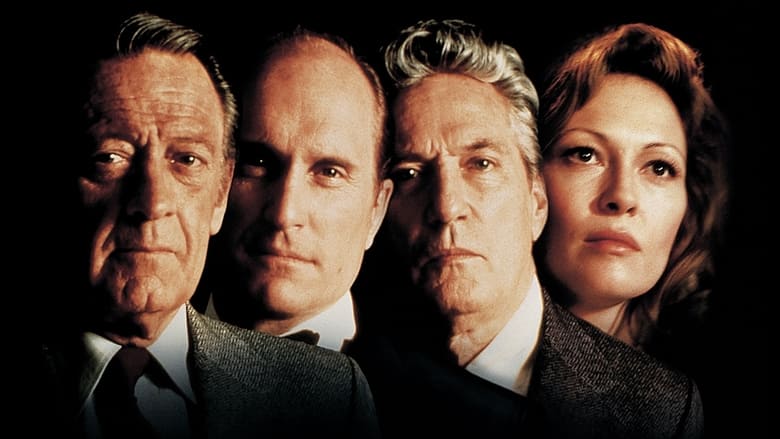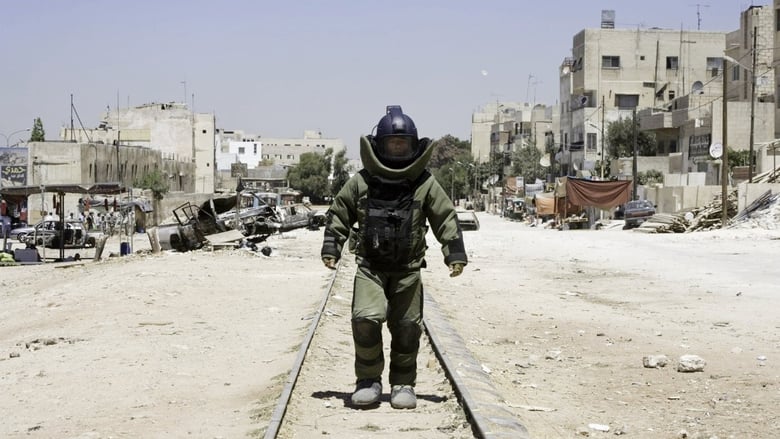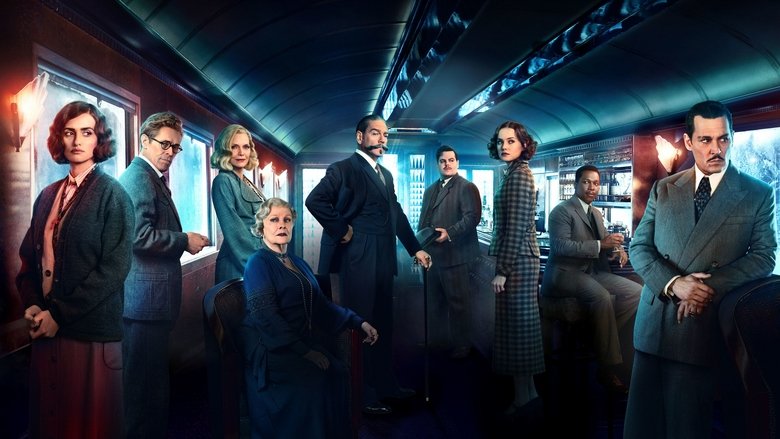A German soldier home on leave falls in love with a girl, then returns to World War II.


Similar titles


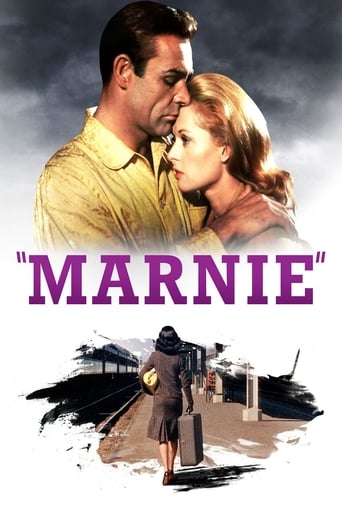
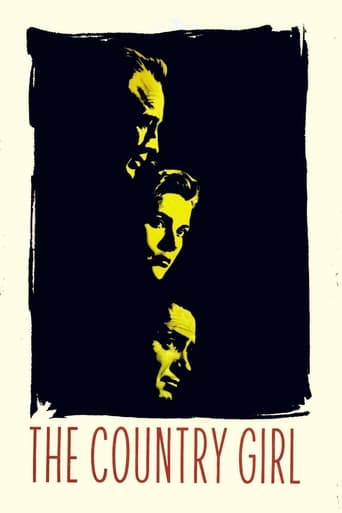
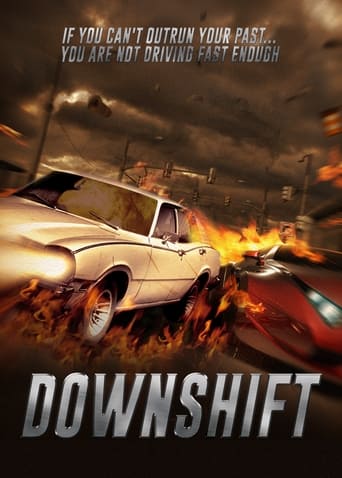
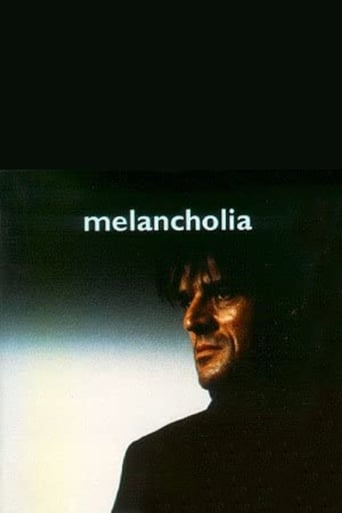


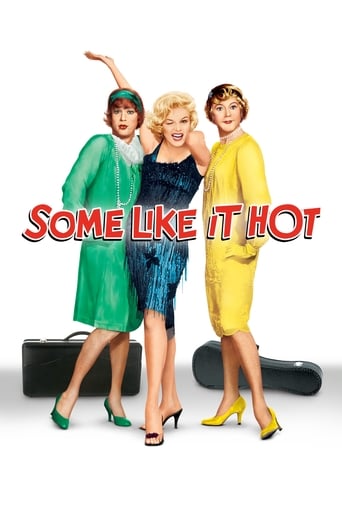
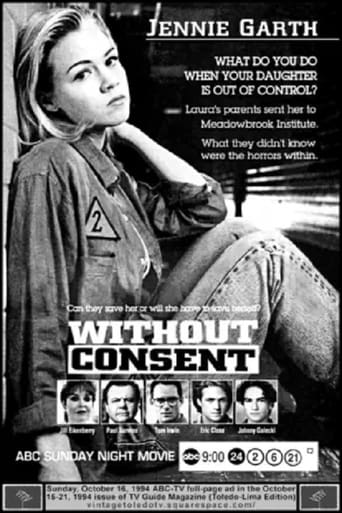
Reviews
The fact that you DO notice the length is indicative that this isn't top-drawer Sirk. It followed on the heels of The Tarnished Angels, another downbeat story contrasting with the largely upbeat fodder that brought belated recognition to Sirk late in his career. The Tarnished Angels was adapted from a novel (Pylon) by William Faulkner and shot in black and white. A Time To Love is adapted from a novel by Erich Maria Remarque (who also plays a supporting role) and is filmed in color so muted that it may as well be black and white. The two leads were relatively unknown in terms of the big screen; John Gavin was never much of an actor but his good lucks ensured a regular supply of television work whilst Lilo Pulver had a long and successful career in German-language films but did appear in Billy Wilder's One, Two, Three, shot as the Berlin wall was being erected. The story is slight but none the worse for that and it's certainly watchable.
Re: Shannon Box's ([email protected]) observation: "In short, this is an important film of significant value. Not because it is about history, but because it is about the redeeming quality of humanity, even if displayed in the setting of our onetime enemy." I would change the last of Shannon's statement to BECAUSE it is displayed in the setting of our onetime enemy. I saw this film shortly after it was released, in a theater on a USArmy post in Munich, Germany (McGraw Kaserne). At that time I was a student, especially of German history. This film provided an opportunity to be transported, for a few hours, into that closed society that our German friends had lived through but could not adequately convey to us. For those who enjoyed this film I would recommend reading "The Officer Factory" by Hans Helmut Kirst and Betrayed Skies (I have forgotten the author, but that is a first rate but largely unknown German pilot's story of his unwilling part in the air war). In short, this is a modern day All Quiet on the Western Front.
...in this time of generalizations and terminally low attention spans (not to say inexistent historical memory) people who have been the hollywoodesque cartoonish image of all 1930/40s Germans to be goose-stepping-order-barking-black-uniformed-ss-genocidal-murders could have their insight skills sharpened a bit more by this movie directed by Detlef Sierck (his real name). Actually lots of people in the 3rd Reich must have felt like Sierck himself, who obviously loved his fatherland but hated the Nazis and the way they tried to rape and pervert the very idea of the 'german nation' to their twisted ends...and those who were not lucky enough to expatriate like he did would have lived like the protagonists of this drama, suffering through an unwanted war having to witness both the cruelty of the regime AND the devastations from the war that the regime forced upon its people (the political prisoners forced to clear rubble from the air raids is a TELLING scene indeed!). The only thing that upset me a bit was the censorship forced on the filmmaker which in several scenes has to resort to silly 'visual tricks' to 'avoid' showing swastikas (a tube blocking our sight over the Military Police gorget in one of the first scenes, the queer angle at which a NSDAP member crosses our p.o.v. in the restaurant scene so we can't see the front of his armband)....now think a bit...if a catastrophe strikes and leaves this movie the ONLY proof of semi-historical value regarding WW2 the historians of the future will be oblivious of the centrepiece of nazi imagery...how STUPID is that???Down with censorship I say, either sexual, political, intellectual et al...
The films of Douglas Sirk have been variously described as "masterpieces" and "tosh". I think the answer lies somewhere in between. Certainly the series he made at the peak of his career for Universal International in the 'fifties are romantic melodramas of a superior kind. Although photographed in gaudy chocolate-box colours with soundtracks overladen with scores drenched in aural syrup and with sometimes the most outlandish of plots - "Magnificant Obsession" for instance - they have, beneath their surface glitter, a hard edged observation of an affluent American society struggling to come to grips with moral values - "All that Heaven Allows" and "Imitation of Life" are particularly good examples. But, interesting as these film are, it is the odd man out, a film set not in America at all but in Germany and the eastern front in the closing stages of the Second World War, "A Time to Love and a Time to Die", that, in spite of its not inconsiderable unevenness, could well be his most lasting legacy. Its most striking feature is that, notwithstanding its vastly different territory, it remains a Sirk film stylistically. The director almost seems to be signing his signature with the shot of pink blossom against the opening and closing credits. Although the outer sections of a German unit under shellfire on the eastern front are the very stuff of warscape recreation at their near best, it is the long central passage where the young German soldier - surprisingly well played by John Gavin - returns on leave to his heavily bombed town, that is the most Sirkian. Here, between devastating airaids, the hero forms an idyllic romantic attachment to a vaguely remembered friend from childhood followed by a whirlwind courtship. Amazingly for the last night of his leave the couple find, amidst all the devastation, an untouched house for the consumation of their marriage, where they are tended by a kindly frau who brings them a bottle of wine from the cellar. At this point the airaid is only glimpsed through the window. At an earlier point in the leave the couple dine in an unbelievably stylish restaurant, although here at least Sirk has the honesty to interrupt the proceedings with a pretty devastating direct hit which leaves one diner running is a sea of flames. If I have reservations about some of the romantic trappings of the scenes in Germany, I have none about the intense realism of the scenes on the eastern front. Would that the film was all on this level.
